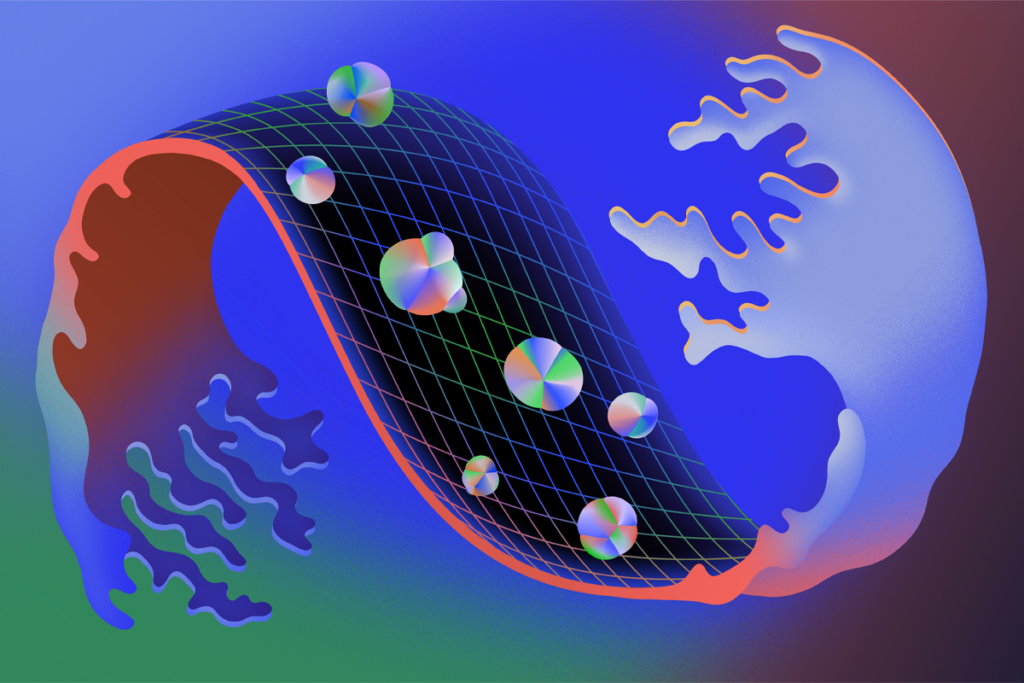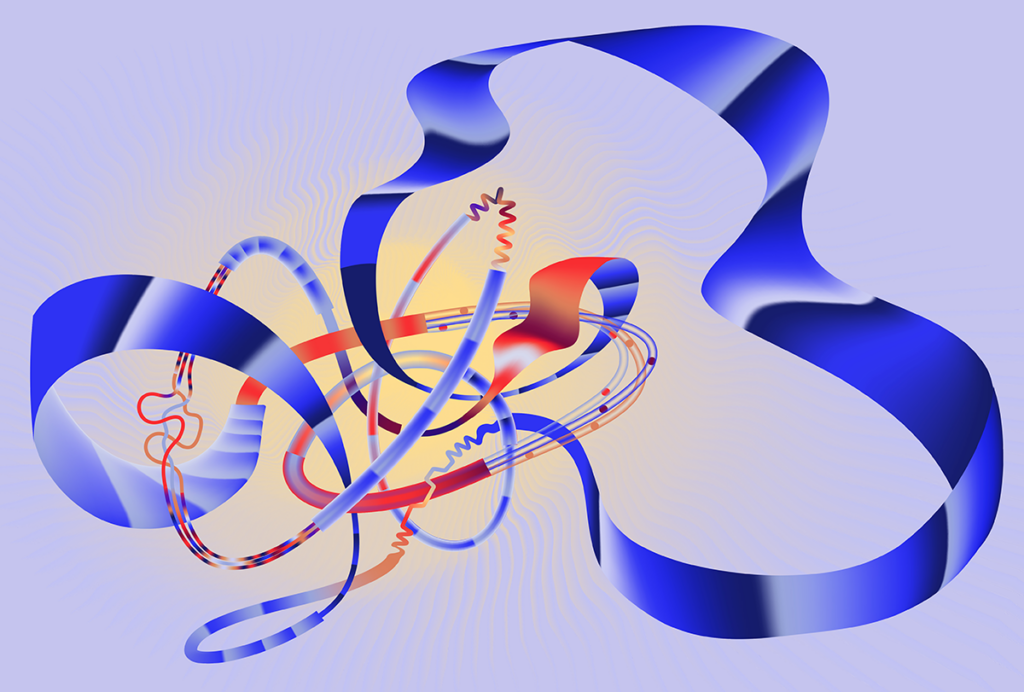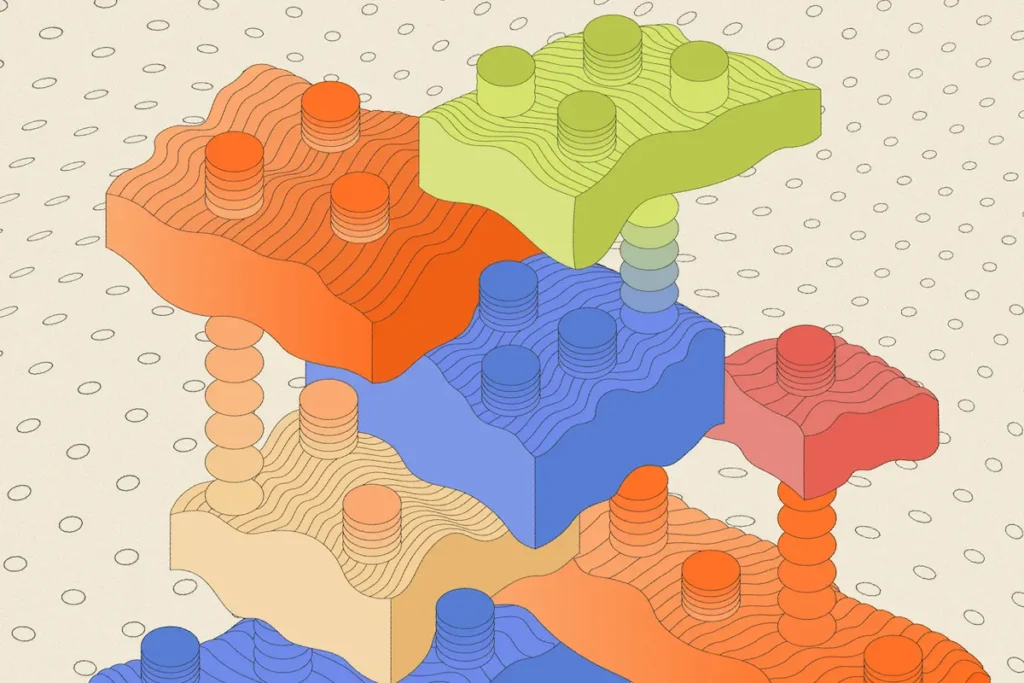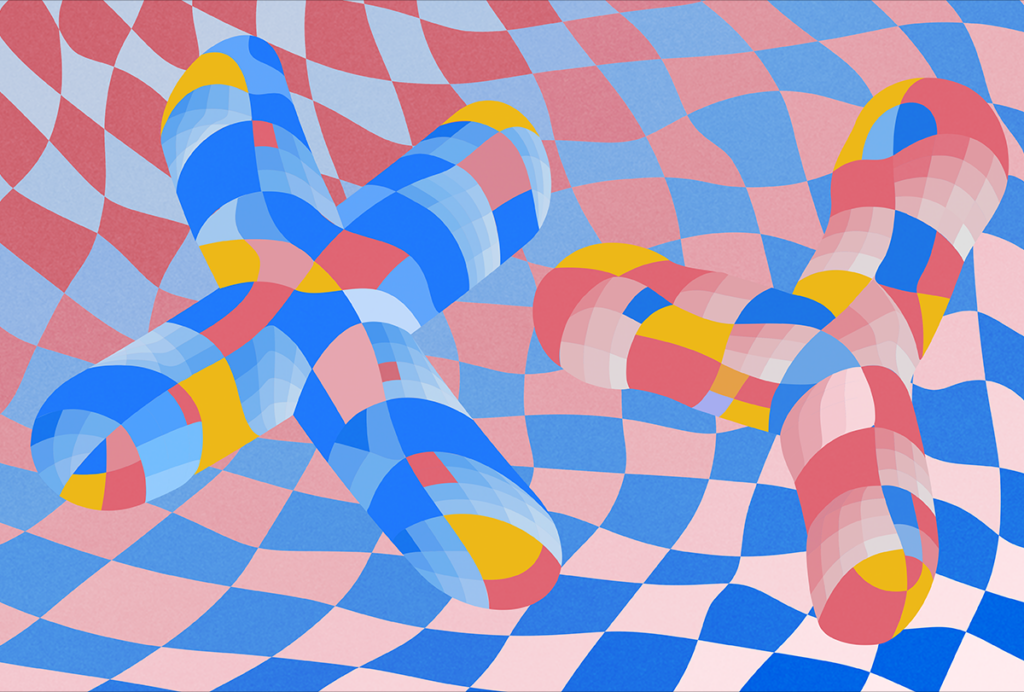Saiman Chow
Illustrator
From this contributor
Neural population-based approaches have opened new windows into neural computations and behavior
Neural manifold properties can help us understand how animal brains deal with complex information, execute flexible behaviors and reuse common computations.

Neural population-based approaches have opened new windows into neural computations and behavior
Everything, everywhere, all at once: Inside the chaos of Alzheimer’s disease
To truly understand Alzheimer’s disease, we may need to take a systems approach, in which inflammation, vascular injury, impaired glucose metabolism and other factors interact in complex ways.

Everything, everywhere, all at once: Inside the chaos of Alzheimer’s disease
Neural manifolds: Latest buzzword or pathway to understand the brain?
When you cut away the misconceptions, neural manifolds present a conceptually appropriate level at which systems neuroscientists can study the brain.

Neural manifolds: Latest buzzword or pathway to understand the brain?
Neural-network analysis posits how brains build skills
Discrete computational subunits may offer mix-and-match motifs for cognition.

Neural-network analysis posits how brains build skills
Accounting for a mosaic of sex differences: Q&A with Nicola Grissom
Breaking the binary view of sex traits can enable researchers to represent the broader complexity of behavior and cognition.

Accounting for a mosaic of sex differences: Q&A with Nicola Grissom
Explore more from The Transmitter
Lack of reviewers threatens robustness of neuroscience literature
Simple math suggests that small groups of scientists can significantly bias peer review.

Lack of reviewers threatens robustness of neuroscience literature
Simple math suggests that small groups of scientists can significantly bias peer review.
Dendrites help neuroscientists see the forest for the trees
Dendritic arbors provide just the right scale to study how individual neurons reciprocally interact with their broader circuitry—and are our best bet to bridge cellular and systems neuroscience.

Dendrites help neuroscientists see the forest for the trees
Dendritic arbors provide just the right scale to study how individual neurons reciprocally interact with their broader circuitry—and are our best bet to bridge cellular and systems neuroscience.
Two primate centers drop ‘primate’ from their name
The Washington and Tulane National Biomedical Research Centers—formerly called National Primate Research Centers—say they made the change to better reflect the breadth of research performed at the centers.

Two primate centers drop ‘primate’ from their name
The Washington and Tulane National Biomedical Research Centers—formerly called National Primate Research Centers—say they made the change to better reflect the breadth of research performed at the centers.